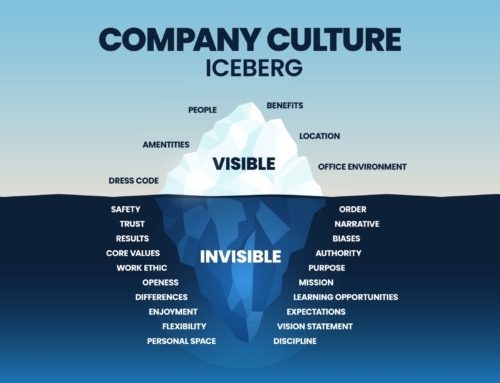For such a topical subject, it is surprising how little organisations are paying attention to it. Is it because its not seen as an operation imperative? Are people oblivious to the consequences? Or is it just on the ‘too hard’ basket.
Many organisations we speak to are very ‘intellectually’ interested in investigating the issue, but very few are actively putting it on the HR agenda. We’re not sure why. Regardless, it is a lost opportunity to contribute to the mental well-being of their mature age workers and improve the level of engagement with the entire workforce.
What are some of the issues that should be attracting attention?
- Cost of injuries to older workers (workers compensation and productivity losses)
- Cost of insurance premiums from injuries from older workers
- Knowledge loss from the organisation
- Succession Planning
- Future resource planning
- How do we address mental health in the workplace in practical ways
- Delivering programs to increase engagement
Can you clearly answer the following questions?
- What are the retirement plans of your ageing workforce?
- What is the cost of sickness, time off or injuries in your ageing workforce (even compared to the younger demographics)?
- What are the workers compensation insurance premiums (based on claims through the older workforce)?
- What are your succession plans? For mature age workers in critical roles?
- Does your organisation have clear policies and procedures pertaining to your older workforce?
If you can’t answer one or more of these then your business is at risk.
Other questions you might want to ask yourselves as a business include:
- Are Board and Leadership team across the business case?
- What’s the appetite for alternative work arrangements? How does this manifest in policies/practices?
- If there are ageing workforce policies/practices in place, how are they supported by Managers/Supervisors?
- How do you “celebrate” the contribution made by long standing, loyal employees?
An air of misunderstanding, mistrust, self-protection and fear of the unknown is embedding a reaction of silence, when opening up the lines of communications is what is actually called for. Focusing on creating dialogue built on trust and a shared focus on the successful future for all stakeholders is needed. This needs to start with a focus on the issues. For HR to put the issue on the broader business agenda, they need to investigate the real costs and present it to Management. When the clear return on investment is demonstrated through analysis, then the issue will become more obviously imperative.














Dr Susan Roberts says: